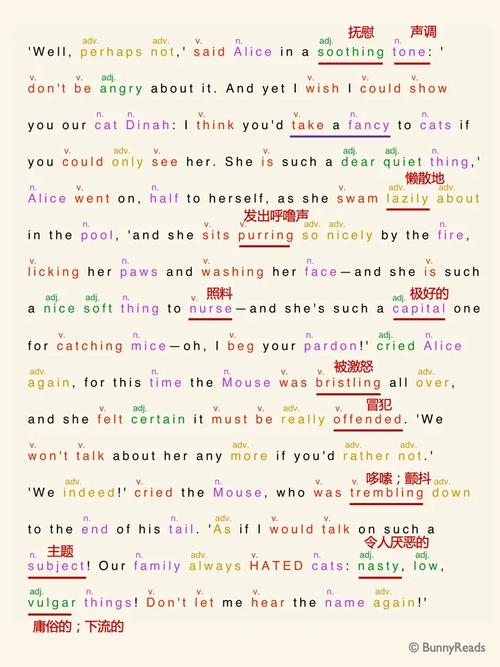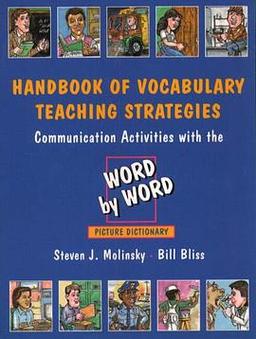Vocabulary Word for Tone: A Comprehensive Guide
Understanding the tone of a text is crucial for effective communication. Whether you are a student, a professional, or simply someone who enjoys reading, knowing how to identify and analyze the tone of a piece of writing can greatly enhance your comprehension and appreciation of the text. In this article, we will delve into the concept of a “vocabulary word for tone,” exploring its significance, various dimensions, and practical applications.
What is a Vocabulary Word for Tone?
A vocabulary word for tone refers to a specific term or phrase that is commonly used to describe the overall mood or atmosphere of a text. These words provide a concise and precise way to convey the emotional undertones of a piece of writing. By familiarizing yourself with these terms, you can better understand the author’s intentions and the message they wish to convey.

Here are some commonly used vocabulary words for tone:
| Term | Description |
|---|---|
| Optimistic | Expressing hope, confidence, and a positive outlook. |
| Pessimistic | Expressing doubt, despair, and a negative outlook. |
| Humorous | Expressing amusement, wit, and a light-hearted tone. |
| Ironical | Expressing sarcasm, irony, and a critical tone. |
| Angry | Expressing frustration, irritation, and a confrontational tone. |
| Reflective | Expressing introspection, contemplation, and a thoughtful tone. |
Dimensions of Tone
The tone of a text can be analyzed from various dimensions, each contributing to the overall mood and emotional impact. Let’s explore some of these dimensions:
1. Lexical Choices
The words an author chooses to use can greatly influence the tone of a text. For example, using positive words like “joy,” “success,” and “excitement” can create an optimistic tone, while negative words like “failure,” “sorrow,” and “despair” can evoke a pessimistic tone.
2. Syntax and Structure
The way an author constructs sentences and paragraphs can also contribute to the tone. Short, choppy sentences can create a sense of urgency or anger, while longer, flowing sentences can convey a reflective or thoughtful tone.

3. Imagery and Descriptions
The use of vivid imagery and descriptive language can enhance the tone of a text. For instance, describing a serene landscape can create a peaceful and calming tone, while depicting a chaotic scene can evoke a sense of tension and anxiety.
4. Point of View
The perspective from which a story is told can greatly influence the tone. First-person narratives often convey a more personal and intimate tone, while third-person narratives can offer a broader perspective and a more objective tone.
Practical Applications
Understanding the vocabulary word for tone and its dimensions can be beneficial in various contexts:
1. Reading and Literature
Identifying the tone of a literary work can help you appreciate the author’s artistic choices and the emotional journey of the characters. It can also enhance your critical analysis and interpretation of the text.
2. Writing and Communication
As a writer, being aware of the vocabulary word for tone and its dimensions can help you convey your message effectively. By choosing the right words and constructing sentences strategically, you can create a desired emotional impact on your readers.
3. Professional Settings
In professional settings, understanding the tone of written communication is crucial. Whether you are writing emails, reports, or presentations, being mindful of the tone can help you establish a positive and respectful relationship with your audience.
In conclusion, a vocabulary word for tone plays a vital role in understanding and appreciating the emotional undertones of a text. By exploring its dimensions and practical applications, you can enhance your reading, writing, and communication skills. Remember, the next time you encounter a piece of writing, take a moment to analyze its tone and see how it




